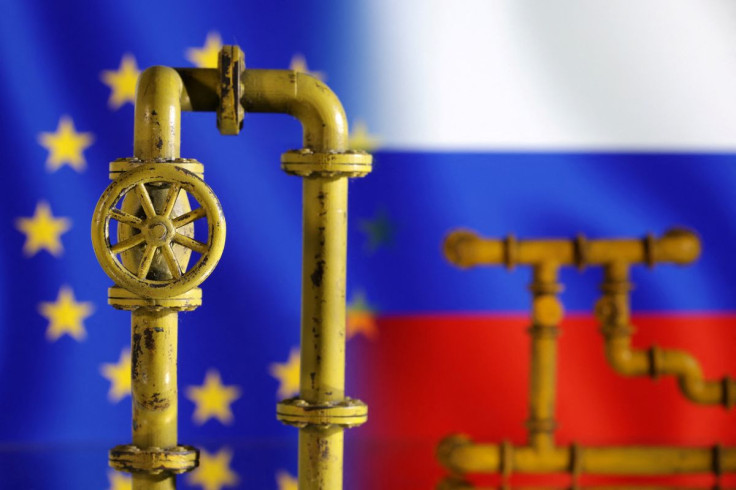EU Countries Seek Deal On Weakened Plan To Cut Winter Gas Use

European Union countries are set to approve a weakened emergency EU proposal to curb their gas demand on Tuesday, with opt-outs allowing them to follow different national paths to prepare for Russian supply cuts.
Europe faces a further gas squeeze this week, after Russian's Gazprom said it would again slash flows through the Nord Stream 1 pipeline. With a dozen EU countries already facing reduced Russian supplies, Brussels has warned that a full cut-off is likely - and is urging countries to prepare by saving gas and storing it for winter.
The European Commission last week proposed emergency rules requiring each country to cut its gas use by 15% from August to March. The target would be voluntary, but the Commission could make it binding in a supply emergency.
However, the plan has faced resistance from a range of governments and countries have redrafted it to include exemptions for numerous countries and industries. Energy ministers from EU countries meet on Tuesday to approve the final version.
Some EU country diplomats said ministers appeared likely to approve the plan, now that many had won exemptions or softer rules. "There should be a broad consensus," one said.
But others warned that the weakened rules risked countries failing to save enough gas for winter. While governments including Germany, Europe's biggest gas user, have upped their energy saving measures, EU countries have reduced their combined gas use by just 5%, despite months of soaring prices and dwindling Russian supplies.
Russia supplied 40% of EU gas before its invasion of Ukraine in late February.
The latest proposal, seen by Reuters, would exempt from the binding 15% gas cut countries like Ireland and Malta that are not connected to other EU countries' gas networks.
Countries with relatively full gas storage could face weaker targets, and states can exempt the gas they use in critical industries like steelmaking from the demand reduction goal. States that export gas to other EU countries can also knock 8 percentage points off their demand reduction target.
The draft would require a majority of countries to trigger the binding gas cuts, after many opposed the Commission's original proposal that it have the final say.
The plan has tested EU solidarity, and some states say imposing a single percentage cut across all countries is unfair.
Spain, which does not rely on Russian gas, has said cutting its own gas use would be of no benefit to other countries, since it lacks infrastructure capacity to share its spare gas. Greece opposed the target and said it could cope with a Russian cut-off.
© Copyright Thomson Reuters {{Year}}. All rights reserved.





















